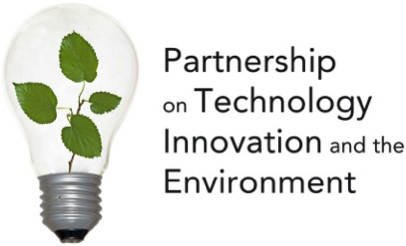Environment
CEP Hosts Water Technology Workshop

On June 27, the Center for Environmental Policy hosted an Expert Workshop on Water Technologies as part its role in the Partnership on Technology Innovation and the Environment. In addition to American University, partnership members include the Environmental Protection Agency, the Department of Energy, the Environmental Defense Fund, the World Business Council for Sustainable Development, and the Initiative for Global Environmental Leadership at Wharton. The partnership has been working since January 2014 to help advance the deployment of water technologies and financing innovations for nutrient reduction and wastewater treatment.
Read summary report »
During the day-long workshop, attendees from the non-profit, academic, government, business and investment sectors focused on identifying challenges and opportunities to create financial models to increase the development and implementation of both nutrient reduction technologies and the Water Resources Utility of the Future. The nutrient reduction workgroup discussed ways to increase nutrient data in watersheds and how to create financial models to reduce the costs of sensors or raise the price for water quality data. Participants raised the possible next step of creating a small scale dispersed nutrient monitoring/nutrient trading demonstration project in a watershed or subwatershed which could be applied to other watersheds in the future.
The Wastewater workgroup explored ideas for how to help drive progress towards widespread implementation of the Water Resources Utility of the Future. The workgroup questioned whether the model is financially self-sustaining and discussed the critical need to move utilities toward energy efficiencies and valuables recovery to help offset operating costs. The workgroup did not identify a single technology but rather decided that many different technologies would be necessary to help lower operating costs. Since the utility sector and its traditional investors would not likely be willing to accept major technological change all at one time, the workgroup suggested a more gradual approach that would add value to the efforts already underway, such as placing graduate students or technical experts on temporary assignments with utilities to support energy efficiency efforts, green infrastructure or other objectives that will advance and strengthen wastewater treatment infrastructure.
A summary of the partnership meeting will be available here in late July 2014.

